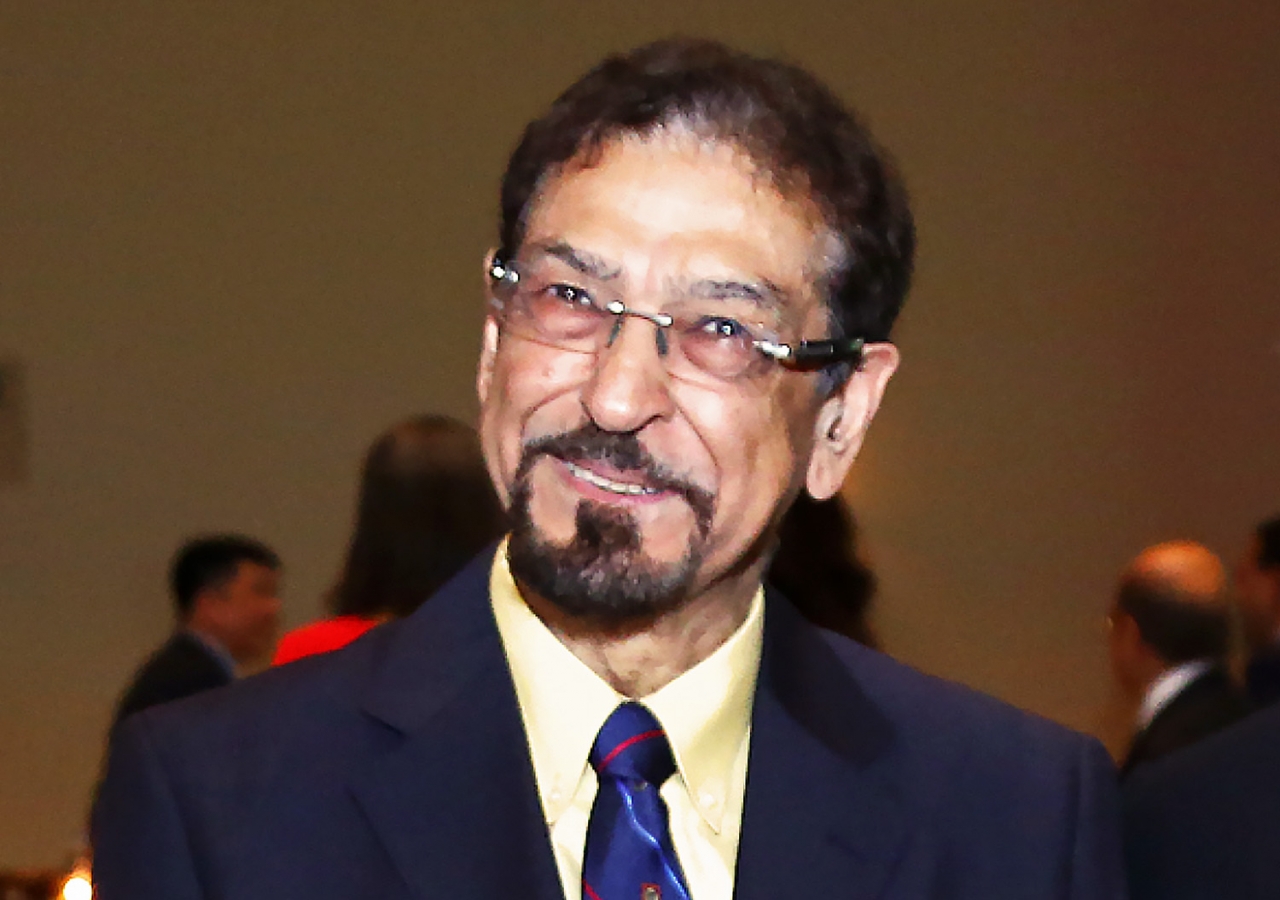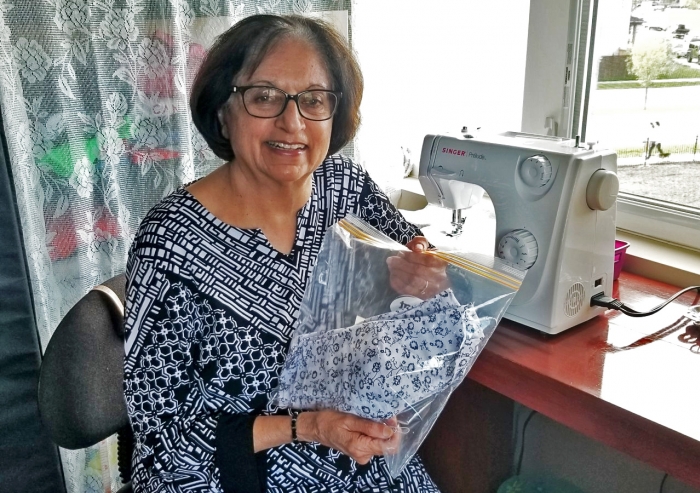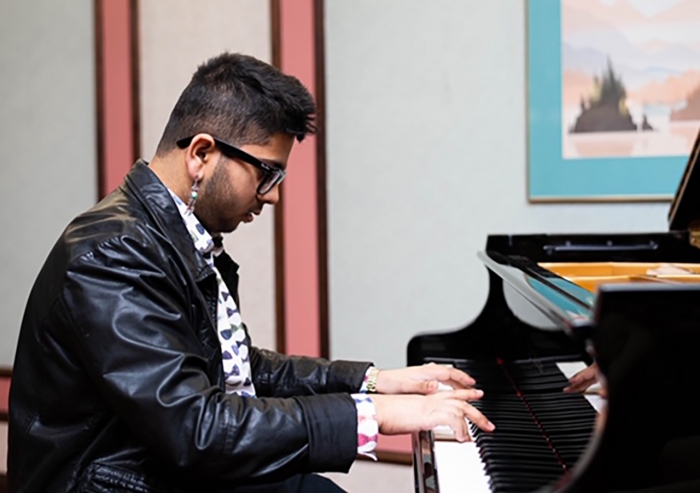On Sunday August 27, the internationally renowned specialist on cross cultural mediation spoke on Our place in a changing globalized world at Calgary’s Northwest Jamatkhana.
"Humanity is at a tipping point,” said Keshavjee. “Its very future is at stake."
Keshavjee explained that for the first time in human history, human beings face the danger of becoming redundant as artificial intelligence begins to take over more and more of our tasks. He asked: What role will we play in this 'Brave New World'?
With over 160 people in attendance in Calgary, the discussion was moderated by Dr. Afroza Nanji, an educator and educational researcher. It highlighted how global developments are symptomatic of major tectonic changes due to accelerated growth in three major fields: exponential technological growth, rampant globalization, and climate change.
Keshavjee said growth today is “exponential and global,” while our ability to adapt is “linear and local.” He added that there is a real tension between globalization, which is relentless, and nationalism, which gravitates towards native populism with “a hearkening back towards a golden past.”
He stressed that the present global situation calls for a new paradigm of thinking as robotic technology and algorithms begin to take on more tasks, which have the potential of displacing human beings.
“Our children today, more than at any other time in history, have to be aware of the major changes that are taking place each day and be prepared to adapt,” he said, highlighting the need for critical thinking, ethical engagement and reflection on what it means to be human in the present century.
Literature, music, art, and philosophy give us insights into the human soul and remind us of the mysteries of life, said Keshavjee.
In Edmonton, Keshavjee addressed globalization, diversity and pluralism in his lecture on Cosmopolitan ethics in the light of current global issues at Headquarters Jamatkhana on Friday, August 25.
“Accepting the notion of diversity does not come automatically,” said Keshavjee. “It’s not always easy.”
Keshavjee explained that in the current global situation where normal processes of media and reflection are not robust, it has become important for people to understand the meaning of cosmopolitan ethics.
To him, this means accepting diversity and pluralism while developing and sustaining civil societies that strive to learn from each other's differences.
Keshavjee discussed how globalization, pluralism, and diversity are interlinked. Globalization is a global situation and a reality, he said, while pluralism is about recognizing the differences between people and groups and listening to each other.
Using the Roman, Umayyad, and Fatimid empires as examples, he explained the importance of diversity and pluralistic societies, and how these societies survived and flourished by accepting the differences between individuals.
Canada, the United States and England are present day examples of societies that have accepted this notion of pluralism, according to Keshavjee. For cosmopolitanism to survive, he said, there needs to be tolerance, institutional support, a robust civil society, and quality education.
Asked why these two topics were important for the Jamat to discuss, Keshavjee said these global issues are now part of the global discourse and it is important that Ismailis gain an insight into what they mean for us in this fast changing world.
Questions, comments, article suggestions? Contact the My Community Editor: [email protected]








